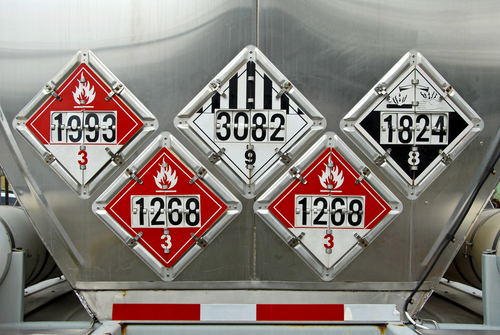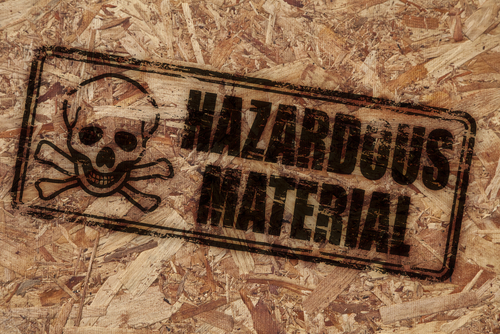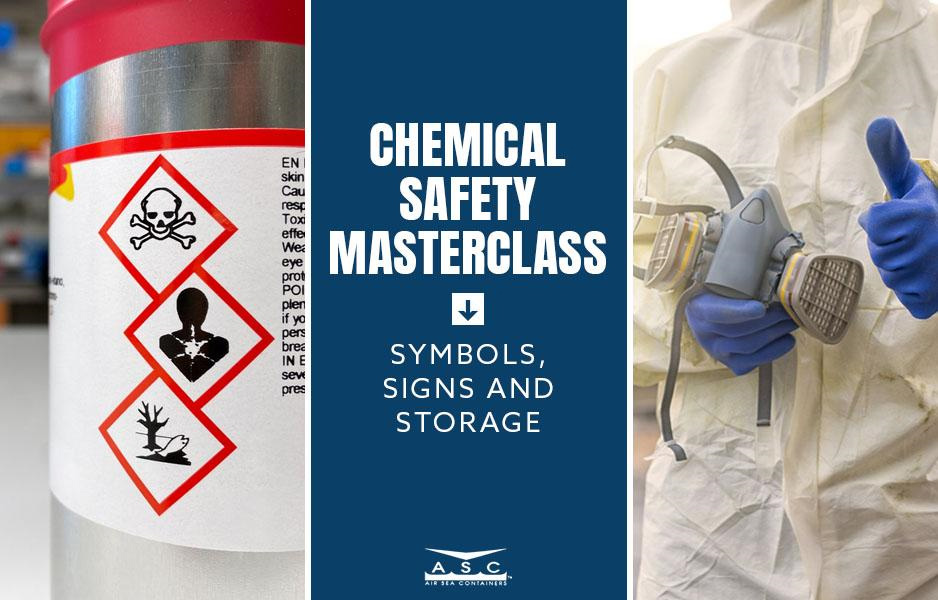Working with hazardous materials is a dangerous job that requires extensive training. In addition to ensuring your own safety, completing certain types of training ensures that you are in compliance with the United States Department of Transportation Hazardous Materials Regulations. If your job requires you to handle, package or transport such materials, the regulations likely require that your employer provide certain types of training prior to allowing you to perform job functions that involve hazardous materials. Even if you are self-employed or only handle or ship these materials infrequently, it is still important to undergo the proper training.
Do you need to enroll in a training course? If you handle hazardous materials, here are a few reasons why you should enroll in hazmat school.
Compliance with the Law
First and foremost, if you are involved in any part of the shipment cycle for hazardous materials, the USDOT mandates that you successfully complete a comprehensive training program. If you work at a company that offers hazardous materials for shipment or you are responsible for packaging or labeling hazardous materials, loading or unloading vehicles carrying such materials or transporting them yourself, the law requires you to undergo training. You also need to complete training if you manufacture hazmat shipping packages or test such packages.
If you are a hazmat employee and you have not completed the required training on the DOT’s hazmat regulations, you could face large fines. If a DOT inspector determines that you are lacking the appropriate training, you could be fined a minimum of $463 per day, per violation. Companies can also be fined thousands of dollars per day for hazmat shipments that do not comply with DOT regulations.
Ensuring Personal Safety
It goes without saying that working with hazardous materials is dangerous. Without the proper training, the potential for being exposed to such materials is high, and the effects can be devastating. Successfully completing a training program ensures that you will know how to avoid exposure during the cycle of transportation. Safety training also helps you understand emergency response procedures in the event that you are exposed to the specific type of material you are working with.
Reduced Accident Rates
If you are the owner of a business that deals with hazardous materials in any capacity, investing in the right training for your employees will drastically reduce accident rates. Whether you opt for onsite or online training, your workers will learn how to properly identify hazards and deal with them with the appropriate safety and care. By providing your employees with this vital knowledge, you can reduce the number of accidents and incidents involving hazardous materials in your place of business. This could result in fewer missed days of work, less workers’ compensation claims and decreased insurance rates.

Keeping Loads Safe and Secure
Employees in all stages of the transportation cycle must be trained to recognize potential security and terrorist threats. Shipments of certain materials–including explosives and other high-hazard materials–are sometimes targeted by terrorists. Training helps workers identify potential risks and ensures that they know how to react.
Because some chemicals and materials have extremely high values, they are also commonly targeted by thieves. When transporting high-risk shipments–as defined at 49 CFR 172.800(b)–anyone preparing or transporting the shipment must be trained in the company’s security objectives as well as its organizational structure and specific procedures for handling the shipment. They all need to undergo training to understand their responsibilities and any actions they may be required to take.
Ensures Your Knowledge Is Up-to-Date
Think you don’t need to undergo training because you’ve already passed a hazmat course? Think again. The regulations involving hazmat shipping are constantly evolving. The materials that are most commonly shipped also change. As a result, anyone who works in hazmat shipping is required to retrain at least every three years. Even if you don’t work in the hazmat transportation industry, it’s a good idea to stay up-to-date on your training if there is any risk of you being exposed to hazardous materials.

Provides Additional Employment Opportunities
Whether you already work in the shipping industry or you are looking for a career, successfully completing hazmat training could provide you with new employment opportunities. While many employers provide training for newly hired employees, preferential treatment is often given to those who have already undergone training. Taking hazmat courses could open up doors and make your job hunt much easier.











